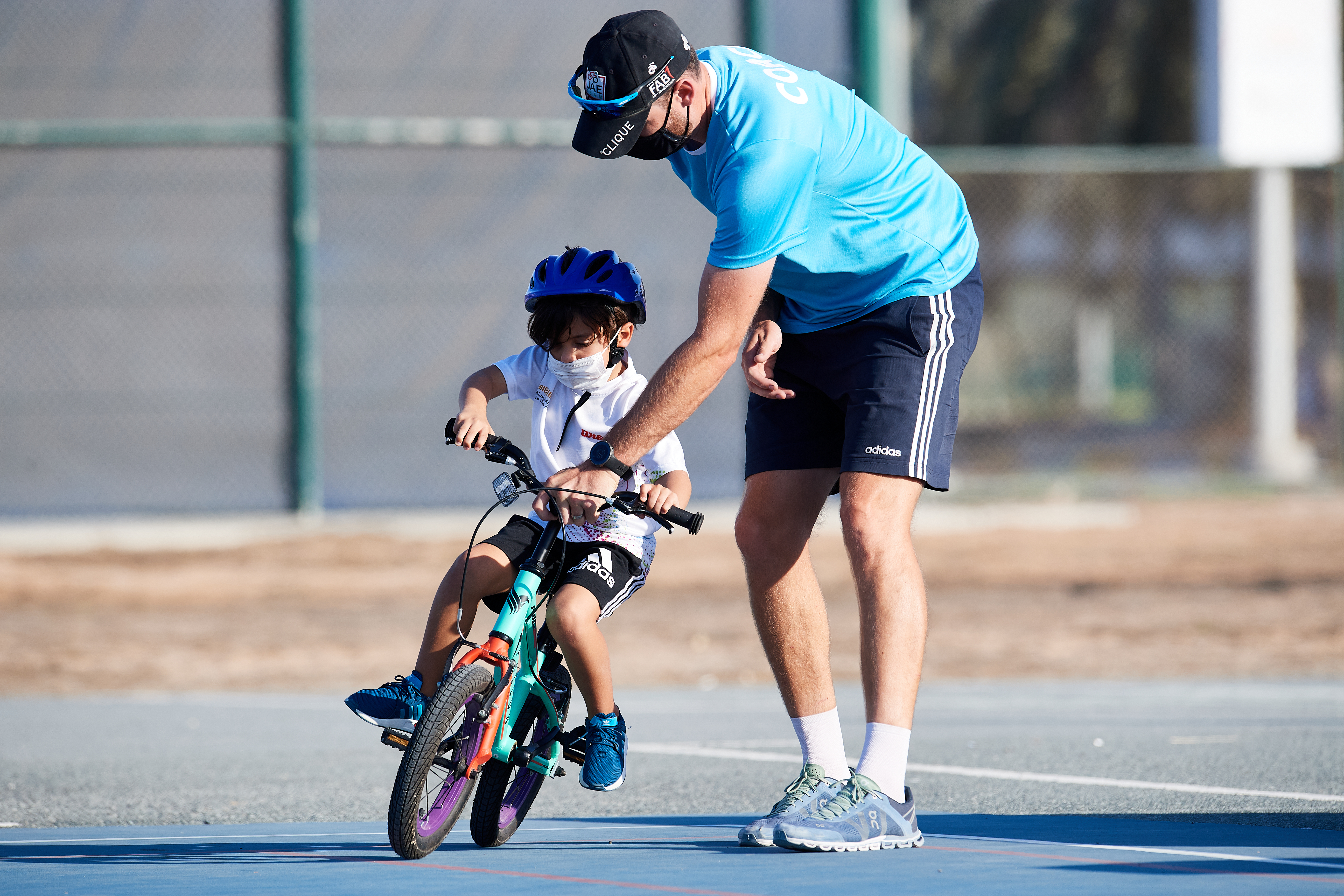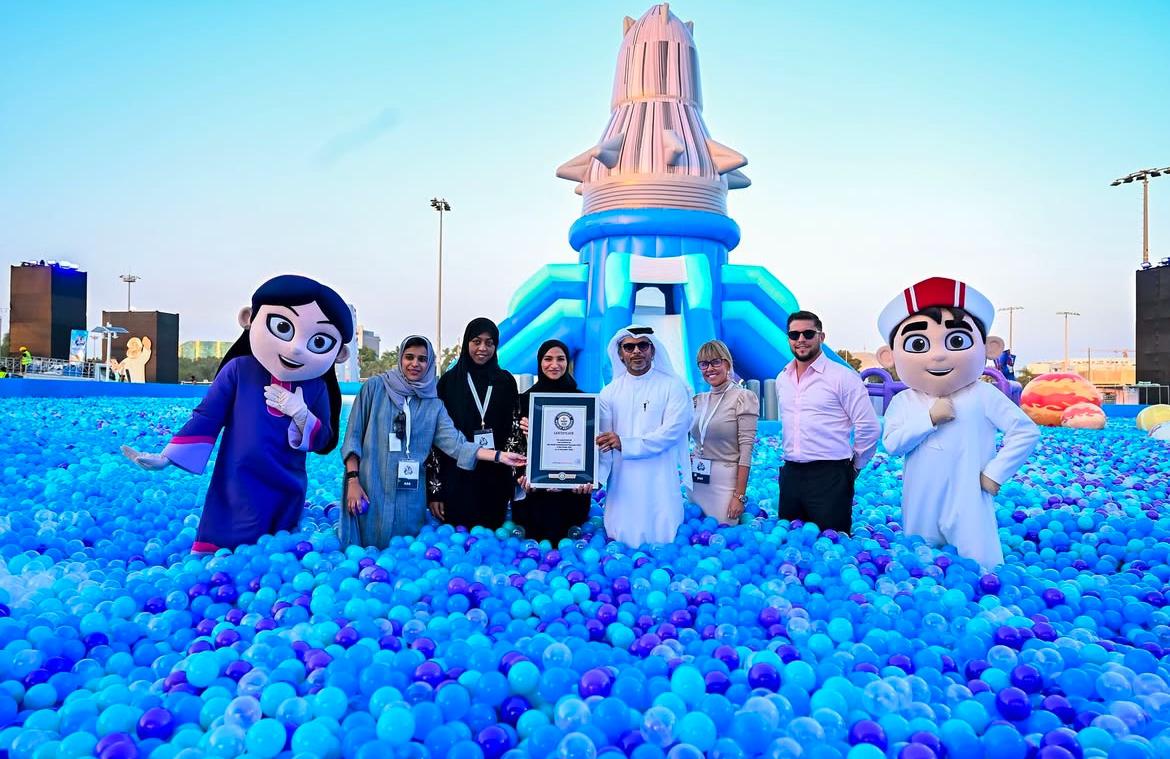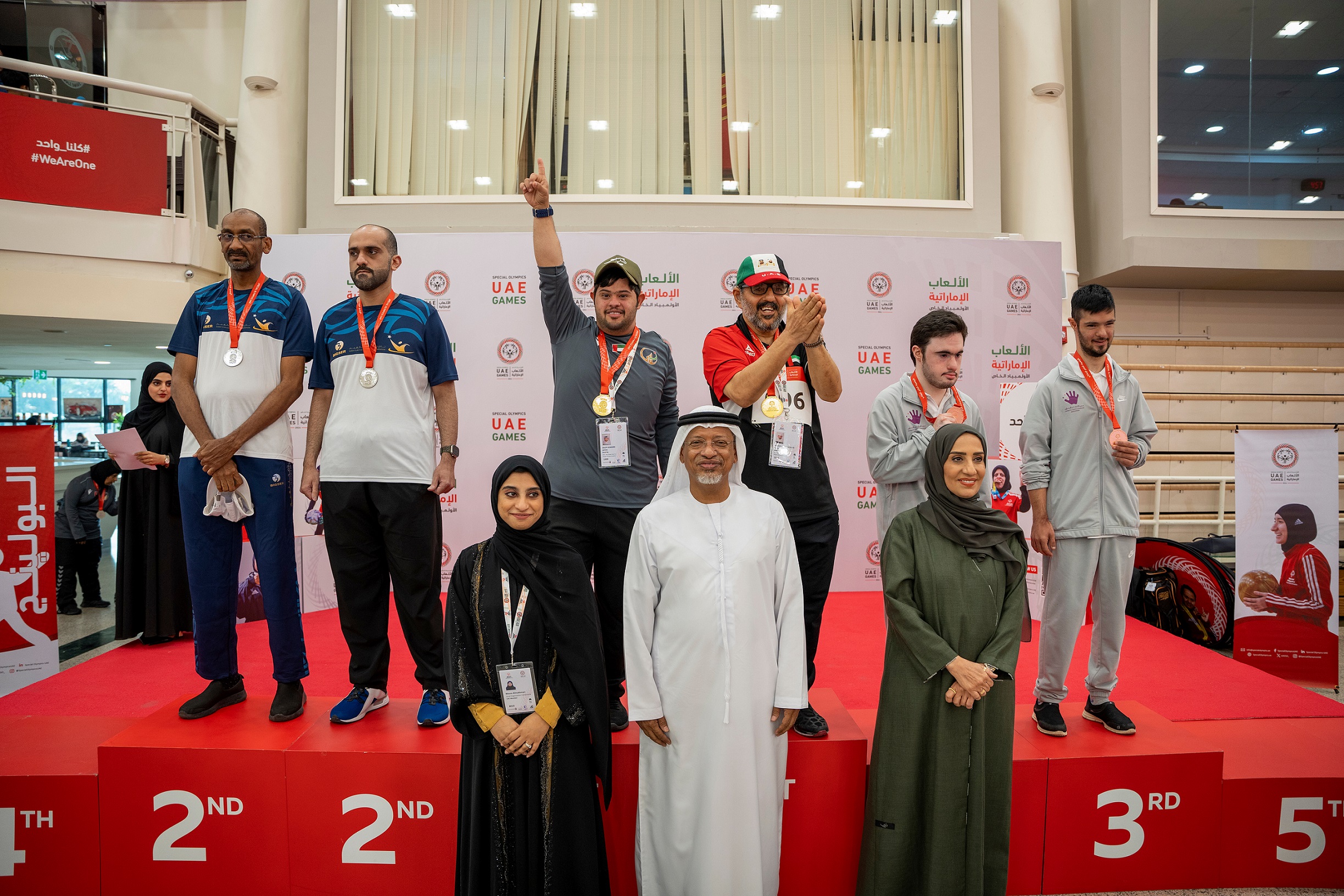True Grit – How to Develop an Athlete’s Mental Game

When the game is on the line, will your kid step up to the challenge and take the winning shot? Or will he crumble to the pressure?
And what separates the elite athletes from the marginally good ones? Genes? Talent? Training? Elite sports coaching? When two athletes of equal ability compete, who gets the edge?
These questions have been debated by players, coaches, trainers, and analysts since time immemorial. And for young athletes and their parents, a conclusive answer to these questions is undoubtedly attractive.
Across different sports, individual or team, the real difference makers the true elite, possess one essential characteristic: grit.
What is grit?
According to Dr. Angela Duckworth, considered by many as a leading researcher in the field, grit is “self-discipline, combined with a passionate commitment to a task and a burning desire to see it through.”
Dr. Duckworth added that grit plays an integral role in various aspects of life, including sports. Contrary to what some people may believe, grit almost always trumps genetics, talent, conditioning, and social status. In short, possessing grit can tip the outcome of a competition in a competitor’s favor — or, from a broader perspective, towards his success later in life.
Grit has four main components: goal orientation, the drive to achieve, resiliency, and optimism.
- GOAL ORIENTATION: the ability to remain focused on a long-term goal.
- DRIVE TO ACHIEVE: setting high expectations on one's self as well as the drive to attain those.
- RESILIENCY: the ability to surpass obstacles faced inside and outside the competition arena.
- OPTIMISM: lifting the spirits of the people around them to achieve the desired goal by.
While nature plays an integral role in developing grit, it can also be nurtured or developed. Like the skills a young athlete learns inside a sports training facility, grit can also be learned, honed, and mastered.
Grit in sports
What exactly is the role of grit in sports and the performance of athletes?
In sports, grit is all about what happens behind the scenes in preparation for the crucial moments. It's not just about developing talent until it becomes second nature. More than that, it is about having the patience and determination to rise to the challenge of the daily grind and the competition itself.
Developing grit in athletes
Both parents and coaches play a crucial role in developing grit or mental toughness in young athletes. What exactly can you do as a parent?
Keep the child invested
Younger kids often want to try new things. But once your child finds a particular sport interesting, as a parent, your job is to keep him invested in that activity. You should encourage him to put in time and effort with the expectation that his investment will be rewarded in the future.
Become a role model
Simply put, your child will take cues from what you say and what you do. As such, it is your duty to become a positive role model inside and outside the field of play.
Help him set goals
Without clear goals, practice will just be about going through the motions. As a parent, you can help your kid establish clear goals that both of you can work toward. This will make it easier for him to have a sense of progress and achievement.
Teach him how to face setbacks
Quite simply, your young athlete will suffer setbacks in sports, including injuries and losses. In order to elevate his game, he must learn to develop a positive mindset that enables him to leap over these hurdles. At an early age, young athletes should learn that losses do not mean the end of their sporting career. Instead, these losses can be used to fuel their drive to train harder and elevate their skills to the next level.
Cultivate respect for the process
Finally, young athletes should embrace the idea that small wins, even in practice, can accumulate to become bigger things if they learn to respect the process. Instead of focusing solely on an end goal, your child should develop patience and the understanding that nothing, including athletic success, happens overnight.
A Final Word on Grit
How can your child put all of these elements together during training?
Remember, grit is not just about going all in. In fact, it is the little things that accumulate over time, the losses and the wins combined, that develop true grit on the playing field.
In practice, that means putting in an incremental increase in effort. That can translate to running an extra lap during practice, fighting through the urge to quit a tough session or using free time to develop footwork or reaction skills.
Soon, that dedication, drive, and spirit will pay high dividends in the future.
Recent Posts

1,600 athletes set to compete at the University Games

The largest ball pit was achieved by Abu Dhabi Entertainment Company

Organised by Abu Dhabi Entertainment Company, Mansour The Festival to take place in the emirate

UAE Launches First University Games in Abu Dhabi

